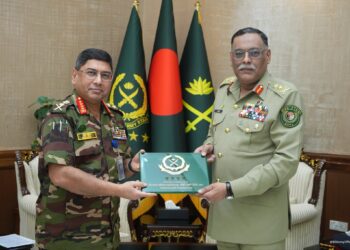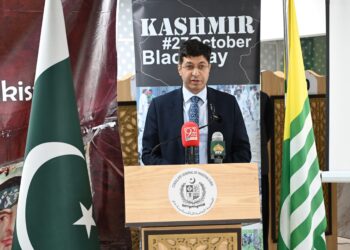Sarosh Mustafa
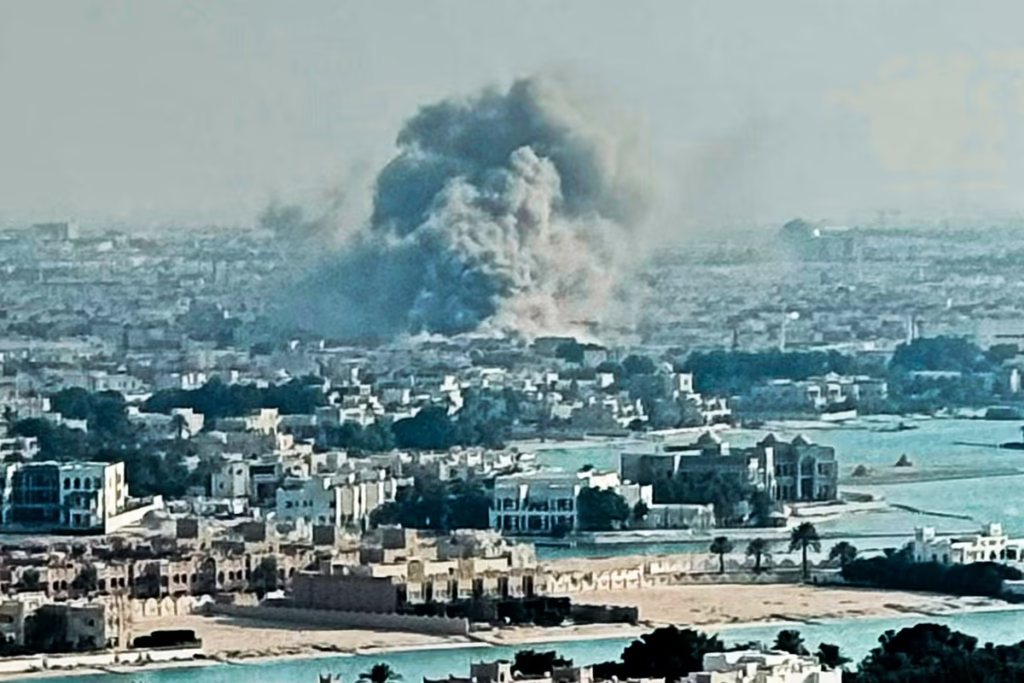
Doha, Qatar: In a dramatic escalation of the Middle East conflict, Israel carried out a rare and unprecedented airstrike inside Qatar, claiming to target senior members of Hamas’s political bureau. The assault has left dozens injured, triggered diplomatic uproar, and raised grave concerns over violations of international law.
What Happened in Doha?
At 8:45 p.m. local time, multiple explosions shook Doha’s Katara and West Bay districts. Witnesses reported seeing drones and precision-guided munitions striking compounds allegedly linked to Hamas, followed by secondary blasts, suggesting weapons storage facilities were hit.
This marks the first-ever Israeli military operation confirmed on Qatari soil, a country long known for its role as mediator in Israeli-Palestinian negotiations.
Who Was Targeted?
According to Israeli sources cited by Haaretz and Reuters:
- Khalil al-Hayya, a senior Hamas negotiator, was a key target. Israeli outlets claimed he was killed, but Hamas denied the report.
- Other political bureau members were allegedly present during the strike.
- Several support staff and guards were injured or killed, though exact figures remain unverified.
Hamas acknowledged “martyrs among its ranks” but insists that its leadership “remains intact.” Independent confirmation of casualties remains pending due to restricted access to the strike zone.
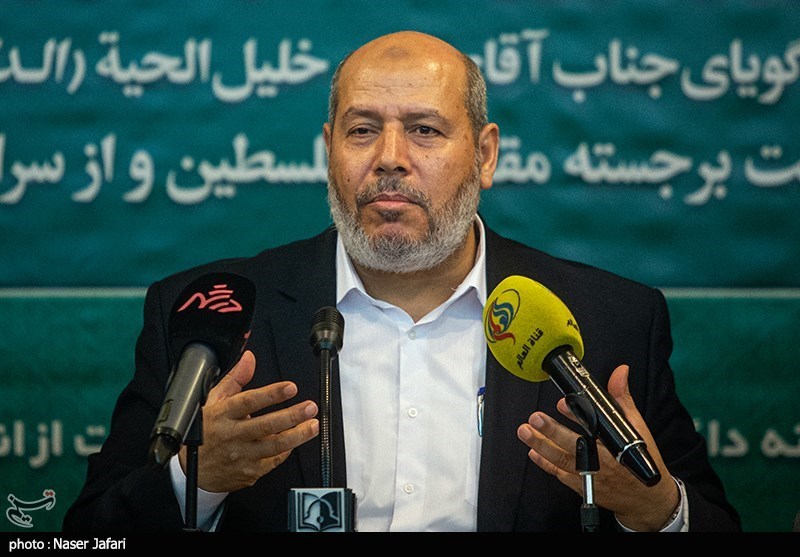
Survivors and Civilian Casualties
Qatari civil defense reported dozens rescued from damaged buildings, many with severe burns and blast injuries. At least 11 critically wounded people, including Qatari nationals, were admitted to Hamad General Hospital.
Israel declared the strike a “decisive success,” while Hamas called it a “cowardly aggression.”
Breaking International Law?
The strike has sparked immediate international backlash:
- Qatar’s Foreign Ministry condemned the attack as a direct assault on its sovereignty.
- Legal experts argued the attack violates Article 2(4) of the UN Charter, which forbids use of force against sovereign states without UN authorization or clear self-defense justification.
- Analysts warned this sets a dangerous precedent for unilateral cross-border assassinations.
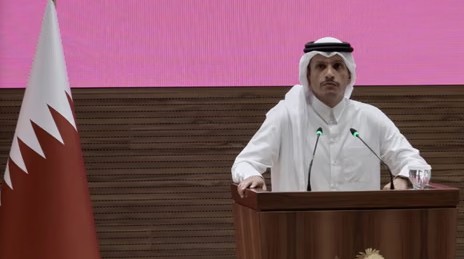
Regional Fallout
- Qatar’s Mediator Role Weakened – Hosting Hamas leadership while mediating ceasefire talks may no longer be viable.
- Ceasefire Talks Jeopardized – Al-Hayya’s reported death could derail prisoner exchange and Gaza ceasefire negotiations.
- Arab World’s Response – Several Arab and Muslim nations are expected to demand accountability at the UN Security Council.
A Turning Point in Middle East Conflict
The Doha airstrike may prove to be a turning point in regional geopolitics. Beyond Hamas and Israel, the incident has shaken confidence in international law and threatened fragile peace negotiations.
As one Qatari diplomat warned:
“If a sovereign state like Qatar can be bombed without consequence, what is left of the UN Charter?”

